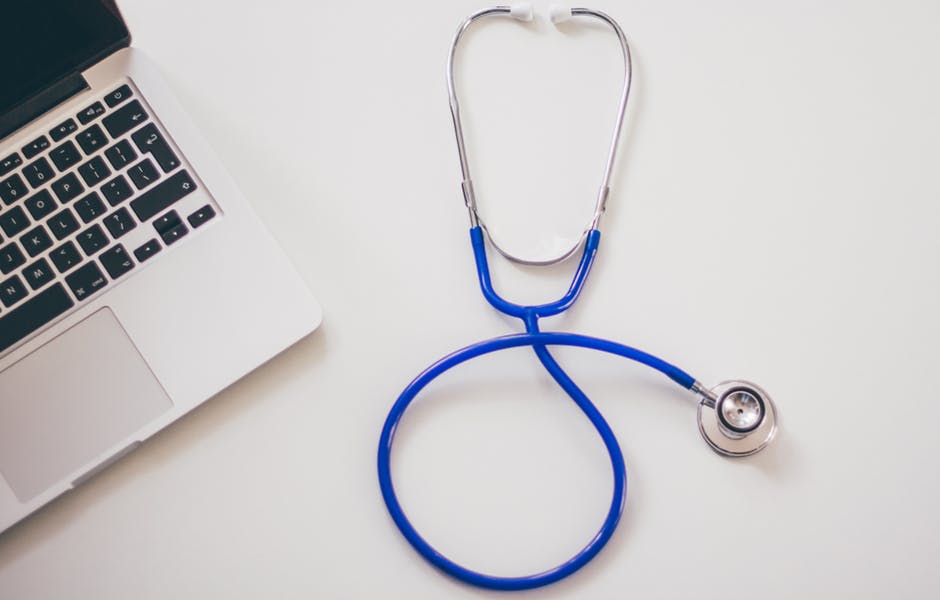
9 Essential Questions to Ask Your General Practitioner in Melbourne
Originally posted on https://www.erahealth.com.au/blog/9-essential-questions-to-ask-your-general-practitioner-in-melbourne/
Did you know that there are about 26,000 general practitioners in Australia? Out of these, about 6,300 of them are in Victoria, according to the latest figures released by the Medical Board of Australia.
With all these doctors, how do you pick the right general practitioner for your needs? What do you ask to determine your current health condition?
Don’t fret, we’ve got a list of important questions to ask right here. These are some of the essentials any doctor should discuss with you to guarantee your safety.
Questions to Ask Your General Practitioner
In most cases, you can only talk to your general practitioner (GP) for about 20 minutes per year. That’s the reason why you need to make every minute count. The goal is to become more well-informed and confident about your health.
Here are some of the essential questions you need to ask your general practitioner.
1. Can I Access My Health Records?
In this day and age, most patients now request for more transparency from their medical professionals. It’s especially the case for their own personal information. That’s why asking for your electronic health records is a great starting point.
With this, you can check whether the information is accurate. It also helps you know where you stand and how to progress from there.
2. How’s My Weight?
There’s a good chance your doctor will gloss over your weight if you aren’t underweight or overweight. But often, you won’t have the knowledge of how much you should weigh depending on your personal circumstances. That’s why you need to ask your doctor outright since it also opens up some discussion on how to maintain a healthy weight.
3. How’s My Blood Pressure?
Most doctors won’t comment about this and your other vital signs unless you have a health condition. Your nurse will most likely fill you in after taking y our BP, but they’ll only give the raw numbers. They’re unlikely to say whether the results are good or bad.
Ask about your vitals to check whether you’re at a healthy level. This will help determine if you need to change something on your diet, exercise, and sleep.
4. What About My Family History?
Your family history is critical to your medical evaluation since medical professionals will have a better idea of what conditions you might likely get. Ask whether there are significant patterns after they outline your family history.
For example, your likelihood of getting cancer depends on whether it comes from your mother or father.
5. Is (That Fact I Read) True?
There is a lot of buzz surrounding physical health and nutrition. That’s why it’s more prone to misreported facts. It’s a common occurrence since there might be some things that caught your attention, like:
- Anti-cancer coffee
- New weight-loss methods
These are just examples of facts that your doctor can clear up for you. Ask them about it since they have the means of validating or debunking these claims.
6. When Should I Come Back?
For the majority of our lifespan, a yearly check-up is already enough to ensure your health. But as you age, you might need to visit more than once. That’s why you should ask whether you need to schedule more appointments than before.
You might need to visit them when you start a new diet or medication. You might also get a health condition that needs regular monitoring.
7. What Other Doctors Should I Visit?
Another fact of getting older is that you develop recurring health issues that can persist. That’s why you need to ask your GP whether you need other specialists to help maintain your health. Sometimes, you might need a dermatologist or a cardiologist to look into these persistent issues.
Having a specialist by your side will help solve these problems before they become irreparable. Don’t delay and have this conversation, especially when you’re past your 30s.
8. What Should I Work on Before the Next Visit?
Your time between check-ups shouldn’t go to waste. Ask your doctor the health areas you need to work on whenever you’re doing an annual check-up. This will help start a conversation about your current health situation—a conversation that any patient should have.
Don’t stay complacent and reactive when you’re talking about your health. You need to take a preventive stance and take control of your health before you get sick. That way, you’ll avoid the costly bills that come with heavy diseases later on in life.
9. What Do You Do for Your Personal Wellness?
Asking your doctor about their own health situation allows you to know what you should do in life. Most successful physicians will have a healthy lifestyle and it reflects. They’re often more successful in getting their patients to start adopting a healthier living lifestyle.
You should ask your physician about how they practice their wellness. They’ll most likely be honest, and even if they aren’t on the healthy side of things, they should still have the means of advising what would work best for you. In either case, you become more aware of what you should do to stay healthy.
Get the Best General Practitioner Today!
A good general practitioner will always be open to discussions, especially when it involves your health conditions. Don’t hesitate and don’t let their demeanour intimidate you. You need to take charge and start the conversation.
Remember, your health is at stake. Don’t rely on them telling you the details since they’ll only give you the most important ones. If anything bothers you, don’t forget to speak your mind and let them clear it up.
Do you need a great health doctor in Melbourne? If so, you can contact us today and we can help you schedule a medical appointment.
